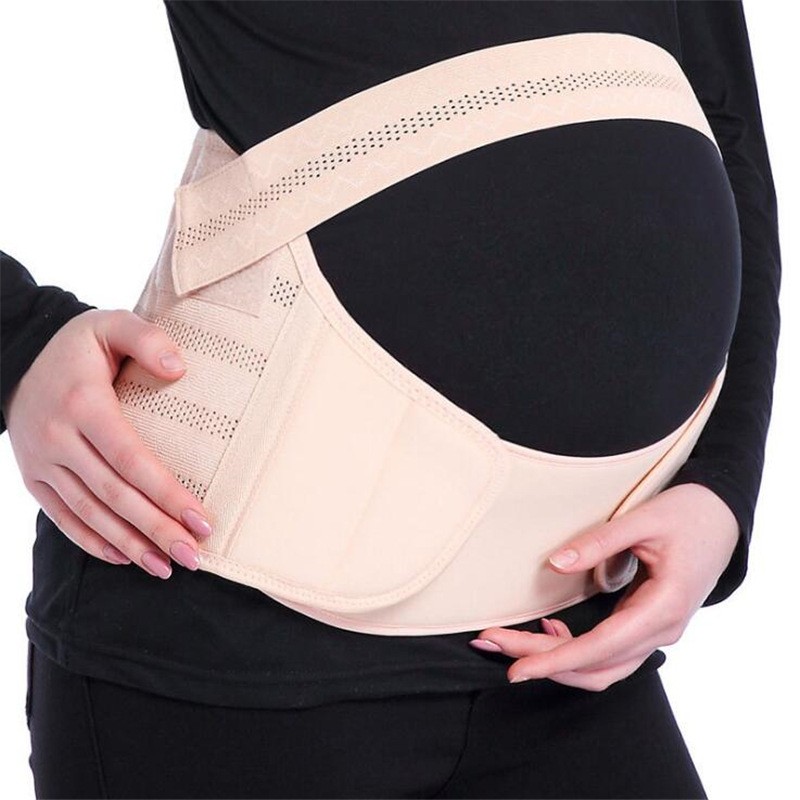Traditional Chinese medicine as an important component of traditional Chinese medicine, highly favored by people, commonly used for body regulation. However, while enjoying the benefits of Chinese medicine, attention should also be paid to some dietary taboos to avoid affecting the effectiveness or causing discomfort.
First, although raw and cold foods may bring coolness on hot summer days, they should be avoided during the use of Chinese medicine, as they may harm the stomach, weaken the efficacy of the medicine. Similarly, greasy foods are not easy to digest and may accumulate dampness, interfere with the absorption of drugs by the stomach and intestines, especially for those with weak spleen and stomach or poor digestion, it is better to limit the intake of such foods.
When drinking Chinese medicine, it is also advisable to avoid drinking strong tea, especially when paired with tonifying herbs such as gelatin and tremella. The tannic acid in tea can combine with the drug components, reducing the efficacy, so tea lovers are better off drinking green tea in moderation two to three hours after taking the medicine.
In addition, although radishes have many health benefits, they may conflict with certain Chinese medicine ingredients, especially when taking tonics such as ginseng and astragalus, as the digestive and gas-expelling properties of radishes may weaken the tonifying effects. Therefore, it is generally recommended to avoid eating radishes during Chinese medicine treatment unless otherwise instructed by a doctor.
Spicy foods, such as chili peppers and garlic, may conflict with heat-clearing and detoxifying Chinese medicines, affecting the treatment process. Maintaining a light diet, reducing the intake of fats and salts, while also limiting the consumption of seafood, fatty meats, and animal offal, and eating more vegetables and fruits, can help Chinese medicine work better.
As for cases of diarrhea after taking Chinese medicine, this may be a normal reaction, such as when using heat-clearing drugs to treat fever; or when patients have mild constipation, causing diarrhea due to the small amount of laxative ingredients in the medicine. However, if diarrhea is severe, consult a doctor promptly. Furthermore, ingesting foods that counteract with the medicine during medication may also cause symptoms similar to poisoning. In addition, an excessive dose of the medicine or taking too cold medicines can also cause diarrhea, in which case adjustments to the prescription or anti-diarrheal measures may be necessary.
In conclusion, during Chinese medicine treatment, maintaining a proper diet and lifestyle habits are crucial to ensuring the efficacy of the medicine. Avoiding the dietary taboos mentioned above, maintaining a regular schedule, and staying emotionally calm can all help Chinese medicine achieve the best results.


